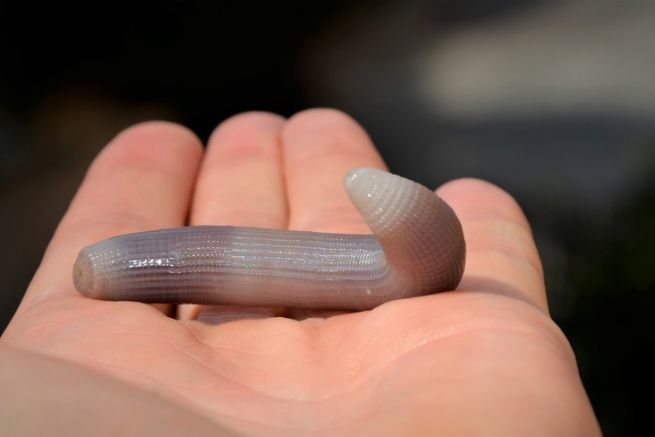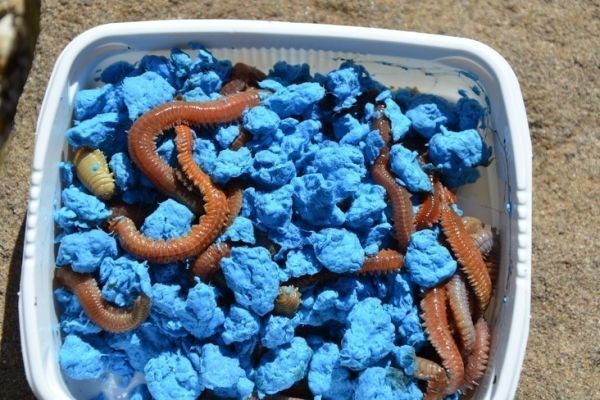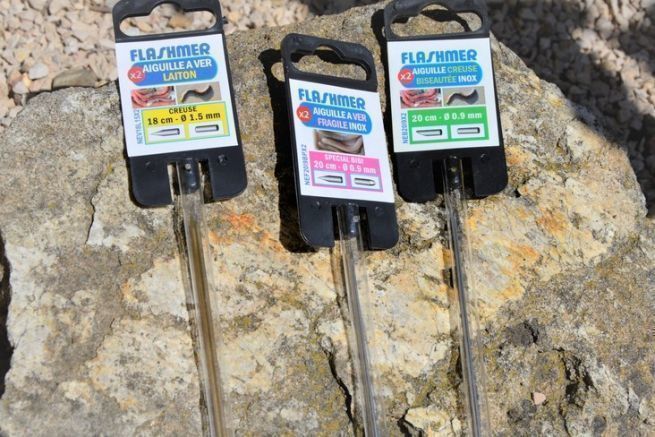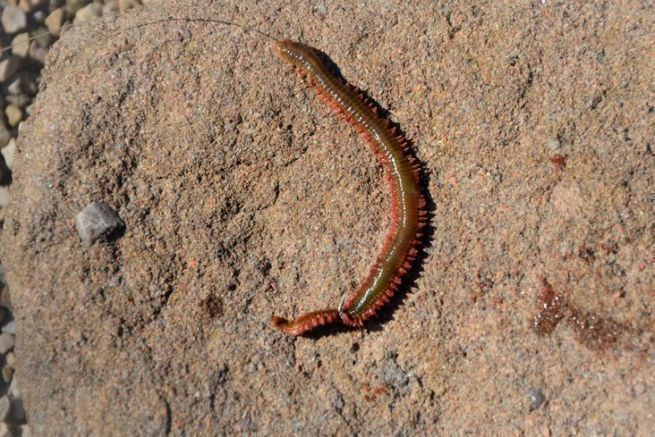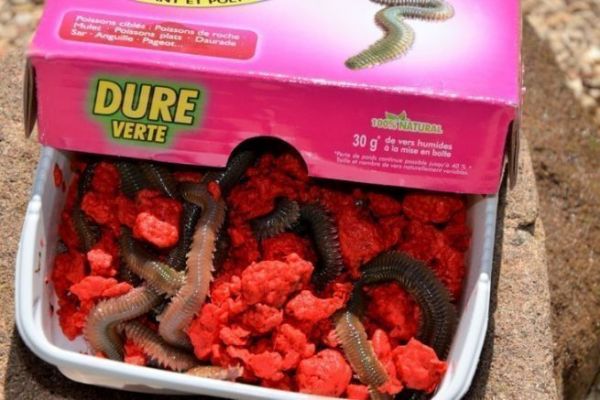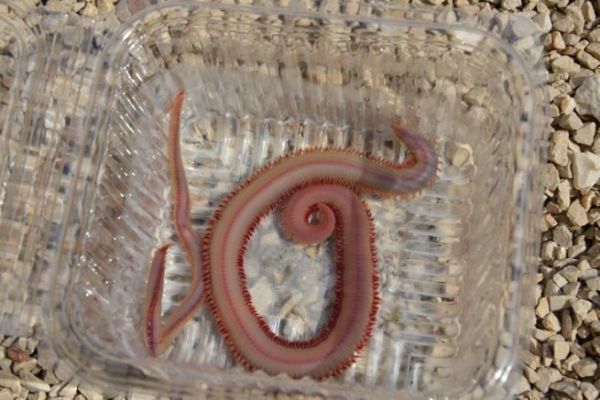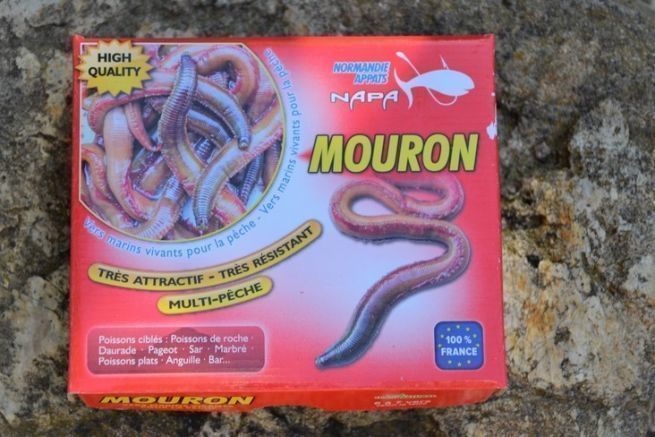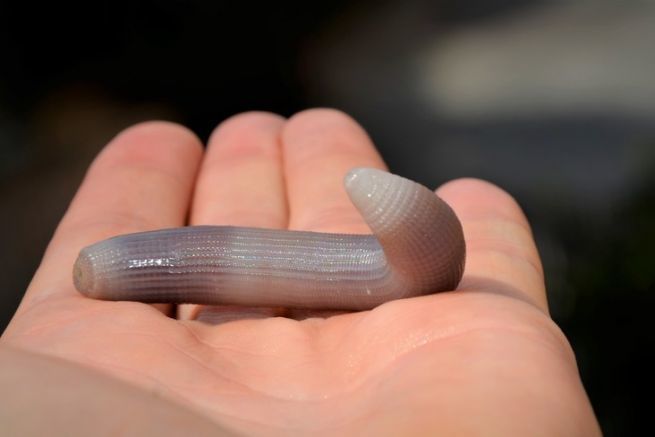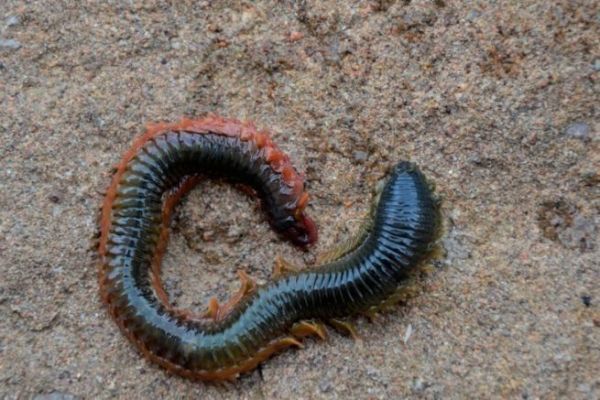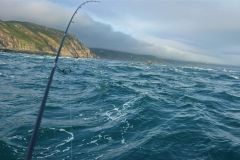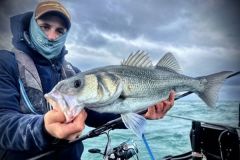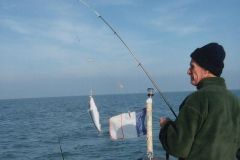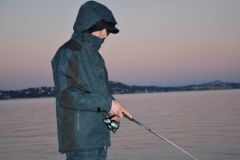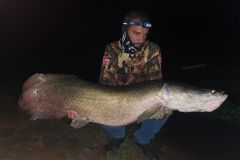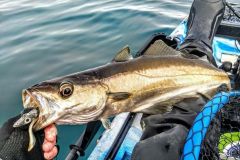An atypical worm
Bibi, siponcle, tite or striped bibi sometimes even called peanut worm, this atypical worm is present on some French coasts, but it is most often imported from Asia.
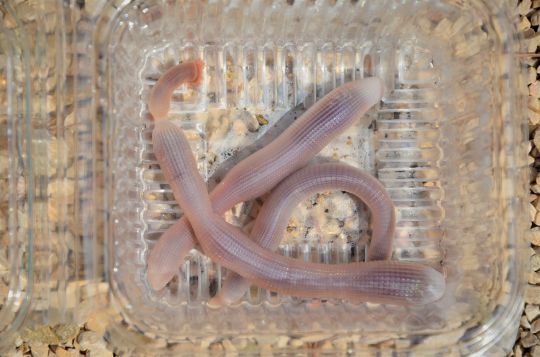
It should be searched for on muddy or sandy areas with a shovel or a spade. It can also be collected directly in the water with a worm pump. It happens during the sea and high tides to be able to collect large quantities of worms that you can freeze for future use.
A thick-skinned worm
The bibi has an erectile body, which means that it will harden when you handle it. Its skin is thick and appears checkered. White, yellow or pink, the bibi offered at your fishing retailer can be of different sizes.
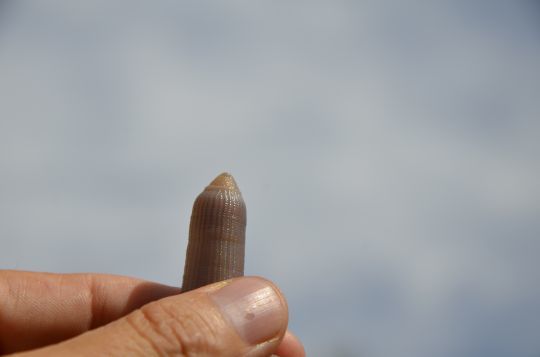
To keep all the qualities of the bibi, it is necessary to escherch the worm delicately on a hook of N° 4 to 2/0. The use of a special needle bibi is strongly recommended. It is a hollow needle with a rounded plastic tip which allows to pierce the worm without emptying it and thus to keep all its vigor.
Targeting the big fish
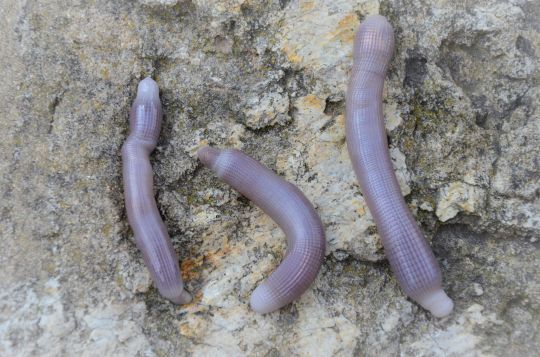
The imposing size of the worm and its firmness will have for incidence to rarely interest the small fishes, an asset when one wants to target the biggest subjects. The various sparids, sea breams, sars, as well as bass or wolffish, strongly appreciate this bait. Many bait fishermen have caught their best fishes with bibis.
The bibi has a very good hold on the hook and supports very well the supported casts. It is thus logically used whole in surfcasting or in the wedge. It is also possible to use the bibi cut in pieces to fish with support for example.

Sandy beaches are the ideal spots to fish with bibi, but they can also be used as bait on rocky or muddy bottoms.
Find out the different ways to fish a worm here .

 /
/ 